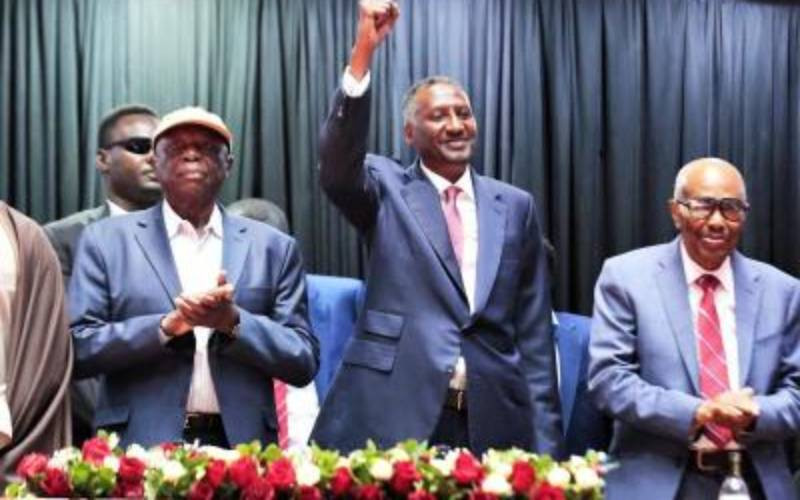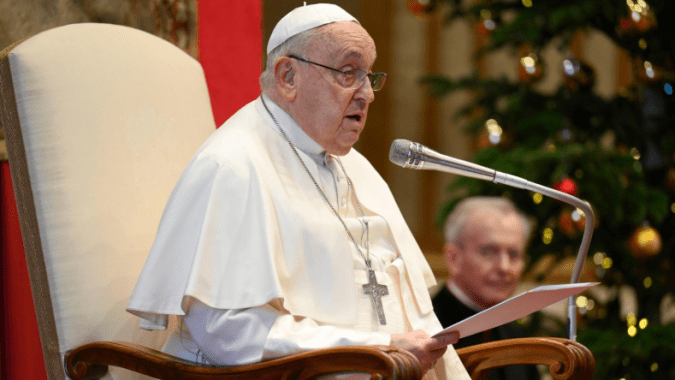 Former Law Society of Kenya (LSK) President Nelson Havi has suffered a major legal setback after losing a tax appeal worth over Sh100 million against the Kenya Revenue Authority (KRA). The Tax Appeal Tribunal dismissed Havi’s case, ruling that it was improperly filed and failed to meet statutory requirements.
Former Law Society of Kenya (LSK) President Nelson Havi has suffered a major legal setback after losing a tax appeal worth over Sh100 million against the Kenya Revenue Authority (KRA). The Tax Appeal Tribunal dismissed Havi’s case, ruling that it was improperly filed and failed to meet statutory requirements.
Tribunal Dismisses Havi’s Appeal
Havi had challenged KRA’s tax assessment, which demanded additional payments for Pay As You Earn (PAYE), Value Added Tax (VAT), and income tax amounting to Sh114.2 million for the years 2016 to 2020. However, in his appeal, he contested KRA’s demand of Sh132.2 million, citing inconsistencies in tax adjustments between 2021 and 2023.
A panel of justices—Christine Muga, Boniface Terer, Elisha Njeru, Eunice Ng’ang’a, and Spenser Ololchike—ruled that Havi had failed to object to KRA’s decision within the stipulated 60-day period under the Tax Procedure Act (TPA). The tribunal noted that his objections to KRA’s 2021 and 2022 decisions were lodged beyond the statutory deadlines, and he failed to file any objections for 2023.
“The respondent (KRA) cannot be held liable for not making an objection decision when the appellant (Havi) did not object within the mandated timelines,” the tribunal ruled.
KRA’s Case Against Havi
KRA launched an investigation into Havi’s tax records, alleging he had failed to declare income tax and VAT accurately. The tax authority found that he was registered as a VAT withholding agent but had not been withholding and remitting VAT as required by law.
Further analysis of Havi’s tax filings revealed discrepancies between his declared income and gross turnover. Upon verification of his i-Tax ledger and VAT returns, KRA determined that he owed significant outstanding tax payments.
In a notification to Havi, KRA asserted that he had not fully declared his taxable income between 2016 and 2021. The authority also accused him of failing to respond to an official invitation to clarify these discrepancies within the statutory timelines.
Yes, we are officially in a crisis. We do not know whether it is a constitutional or middle life one. pic.twitter.com/AMCWwEsdMk
— Nelson Havi (@NelsonHavi) February 16, 2025
Havi’s Counterarguments
Havi defended himself, arguing that he had provided evidence of VAT payments for 2016, 2017, and 2018, totaling Sh6.8 million. He also claimed that KRA had made contradictory tax demands between 2021 and 2023.
He stated that his net taxable income in 2018 was Sh2.4 million, with a tax liability of Sh339,465, while in 2019, he earned Sh3 million and owed Sh697,908 in tax. For 2020, his taxable income was Sh1.1 million, with a tax obligation of Sh168,244.
However, Havi alleged that KRA unilaterally adjusted his 2018 taxable income from Sh2.4 million to Sh28.9 million, increasing his tax bill to Sh7.9 million without prior notice.
Similarly, he claimed that KRA inflated his 2019 income from Sh3 million to Sh36.3 million, demanding Sh10.2 million in tax. The 2020 taxable income was allegedly revised from Sh1.1 million to Sh42.4 million, with a tax bill of Sh10.5 million.
Seized Bank Accounts and Tax Disputes
The lawyer also contested KRA’s tax assessments on client fees, claiming that VAT was erroneously charged on Sh8.2 million worth of payments. He further revealed that KRA had slapped him with an additional tax assessment of Sh74 million in January 2024 after he applied for a Tax Compliance Certificate (TCC).
Additionally, on August 29, 2023, KRA issued agency notices to multiple banks—including NCBA Bank, Standard Chartered, Co-operative Bank, Absa Bank, KCB, Stanbic Bank, I&M Bank, and Equity Bank—seeking to recover Sh17 million from his accounts. As a result, his NCBA Bank accounts were frozen until the agency notices were suspended on September 6, 2023.
With the tribunal dismissing his appeal, Havi now faces the prospect of settling the substantial tax bill imposed by KRA. Whether he will seek further legal action remains to be seen.
Sasa kuendesha kagari kadogo kama haka at 59kmp is a reason for you guys to interfere with my siesta? Tek ta, owada! pic.twitter.com/rQDm5ue8tj
— Nelson Havi (@NelsonHavi) February 16, 2025










